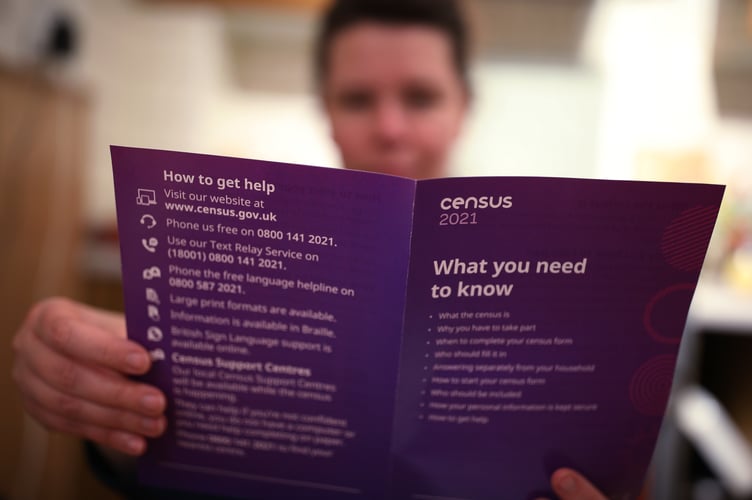A fifth of households in Powys are classed as among the most privileged in society, new census figures suggest.
The social grade is an overall score of households with a 'reference person' aged between 16 and 64 derived from 2021 census data. It calculates a grade based on household income, economic activity, qualifications, the type and tenure of the household, and many other socio-economic factors.
There are four social grade classifications, AB, C1, C2 and DE, with AB – higher and intermediate managerial, administrative and professional occupations – the highest and DE – semi-skilled and unskilled manual occupations and the unemployed – the lowest.
The latest Office for National Statistics data shows 16,651 of 92,248 applicable households (18.1%) in Powys were ranked in the highest band – where the household reference person was in a higher or intermediate occupation.
This was well below the average across England and Wales of 23.3%.
The figures also show significant regional inequality. The North East had the lowest proportion of highest-graded households at 18.3%, while London had the most at 28.4%.
Of the top 20 ranked local authorities, 15 were in London and the South East, with just one from outside the South East, East of England and London. Meanwhile, London and the South East accounted for just two of the bottom 63, with Northern, Midlands and Welsh areas dominating.
Excluding the City of London which has a very small population, Richmond in London was the best-ranked local authority with 49.1% of households in the top grade, while Hull in Yorkshire and the Humber was the worst at 10.1%.
Think tank the Social Market Foundation said given the disparity in economies between London and the South East and the rest of the country, the figures will be unsurprising "to the politicians that have staked their reputations on promises to 'level up' less prosperous parts of the country".
Interim director Aveek Bhattacharya said: "Diagnosing the problem is one thing, but the actual task of rebalancing the economy is much trickier – though devolution of power, investment in key infrastructure and clearer regional industrial strategy could all help."
Mr Bhattacharya also expressed caution at repeating the stereotype the North is "grim" or that everybody in the South is thriving.
"London in particular faces stubbornly high poverty, substantially driven by high housing costs, and it is notable that places like Camden, Hackney and Islington are among the least happy parts of the country according to wellbeing surveys," he added.
The Department for Levelling Up, Housing and Communities said it is "absolutely committed to spreading opportunities and improving public services".
A spokesperson said: "A major part of 'Levelling Up' is about boosting pay and productivity, especially in places where they are lagging.
"It is not one size fits all – as every corner of the UK has unique challenges and opportunities – nor does it mean dampening down the success of more prosperous areas.
"It is about the success of the whole country and realising the potential of every place and every person across the UK."




